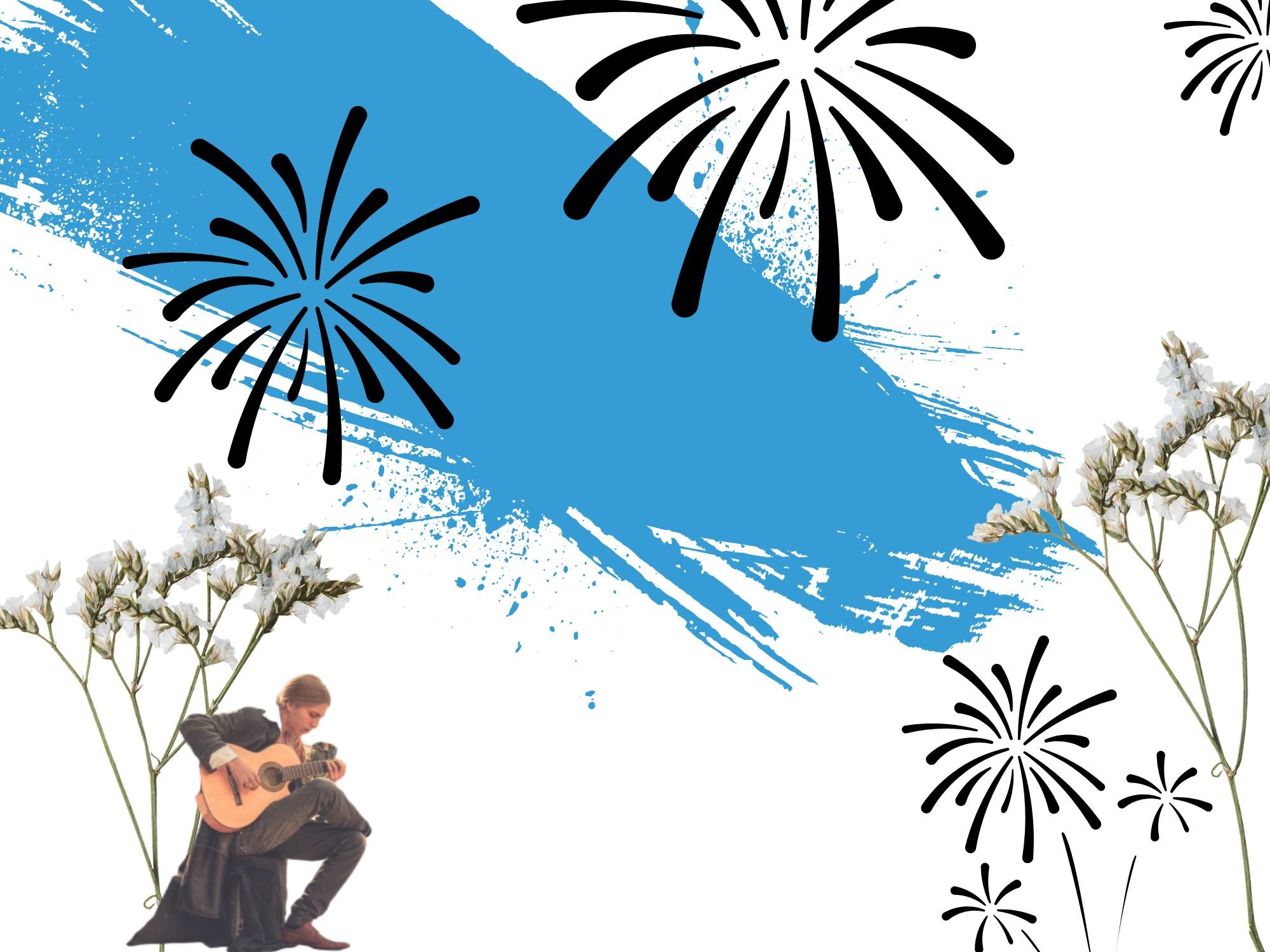How to Start Something New (6 epic tips)
There’s nothing better than a new adventure. A new creative project. A new thing. It’s these early moments of optimism and hopeful sparks that I live for.
Yet, it’s also hard to take the first stride.
So after my many starts, stops and pauses, these are my top tips for how to start something new.
Let’s get to it.
Benefits of Starting Something New (+ why it sometimes sucks)
Starting and learning new things is always good stuff.
This isn’t terribly groundbreaking to say. I mean, if we don’t try new things, then how can we expect to reach our goals or dream life?
So here are my favorite benefits to starting new stuff:
You’re skill building
It’s a form of personal growth
You build more confidence
You’re diversifying your skills and expertise
You become more adaptable and resilient to change
You expand your network
You get a strong sense of personal satisfaction and pride
You tap into new opportunities
You’re learning to embrace challenges
It’s creative play
(and why starting sometimes sucks)
Even if we know something will be good for us, starting can feel hard.
Here are some common reasons why it sometimes suck to start something new (in my experience):
You don’t feel like you’re ready or the timing isn’t “right”
You quickly realize your skill deficits
You don’t believe you have the skills or talent
You believe there’s too much competition
It can be lonely and isolating
It requires a lot of work, time and patience
There will always be distractions and reasons to not start (or wait)
How to Start Something New (6 neat tips)
Let’s start something new.
These are my top moves for breaking patterns and inching closer to my own dream life.
1. Learn From 1 Level Ahead (not multiple)
I’m constantly reminding myself of this tip.
It’s so important – and not just for starting something new (it’s for always).
Whenever you’re skill-building, it’s important to learn the right skills and in the right order (and from the right people).
For example, let’s say I want to take acting classes. I’m new, so I shouldn’t go to an advanced workshop.
Right?
I mean, I’d be overwhelmed, stressed and totally discouraged.
I’d probably quit acting before I even started.
This feels kind of obvious, but we tend to forget this premise when it comes to online tutorials or rogue (sometimes subconscious) comparisons on social media.
So my best advice for staying optimistic and having fun (while improving) is to learn from the person a few steps ahead of you (not a few dozen).
Or watch tutorials that match your current skill level (plus a little more).
Work within your zone of proximal development, because that’s your sweet spot of pressure (it’s not too much, but also not too little).
2. Don’t Juggle (focus)
Starting something new can turn from excitement to overwhelm pretty quickly.
Especially if you’re trying to juggle more than one thing (or just too many elements of your thing).
For example, I recently decided to start doing more filmmaking projects (as you can see in the video above).
Simple stuff – fun stuff. But I need to get better at composition, framing, lighting, video editing…
Oh also, storytelling, sound design, timing and capturing attention quickly.
And don’t get me started with learning how to use my camera better (which is currently stuck in a Japanese setting).
So the best solution I’ve found is to not try to do, learn (juggle) every single micro skill that goes into filmmaking.
So I’m currently focusing on composition in my clips and storytelling. That’s it.
(and maybe finding my voice also)
In the same vein, I also stopped trying to pursue more than one thing at the same time (I mean, the plate’s already full).
This past year, my one thing has been music production. I’m still improving here (always), but I’ve hit a point where I can put a lot of that jazz on autopilot.
So remember, don’t juggle – narrow your focus.
3. Be A Beginner
This tip is simple (but also hard).
When you’re starting something new, expectations can get the best of us.
So don’t try (or expect) to be good. Expect to suck. Warmly accept it.
There is an art to being a confident beginner.
This early phase is for making newbie mistakes, playing around and sitting in pure creativity and curiosity.
But actually, these things should never really go away.
Having fun and cultivating this beginner’s, growth mindset is powerful stuff.
Because there will always be room to grow (even for experts).
The ability to happily be a beginner (to happily suck at learning something new) is truly a superpower.
4. Have A Project
I recently wrote a post on the power of reframing goals as projects (like an artist).
This tip echoes this idea.
We all know the importance of having goals or checkpoints to strive for. But something I’ve found to be even more effective is to:
Create a passion project to work on.
For example, going back to my recent filmmaking endeavors, I have multiple video projects in my pipeline (of course, just focusing on one or two at a time).
So each week, I’m mapping out stories, scripts and shots for a specific video.
And I’m approaching things with a creative project mindset.
This mindset framing keeps me motivated and in a place of curiosity, exploration and fun.
Because if I was just learning filmmaking and vlogging without actually having a project to apply things to, everything would feel quite aimless and purposeless.
So, what’s your project?
Make it specific.
(and remember, be a beginner and have fun)
5. (break down your project)
Okay, so let’s say you’ve got your mindset and a specific project to chip away at.
Well, chances are you’ll realize your project has a lot more moving parts than expected.
So this next tip addresses that reality.
Breaking down bigger objectives into component pieces is a smart move. It’s reverse engineering and quite clever.
Here’s how I do it:
Define your big macro goal
Unpack your macro goal and identify the micro goals required to reach it
Unpack each micro goal and identify the nano goals to reach each one
This process of breaking things down will add strategic power to your new endeavor.
After all, if we want to climb a ladder, we take it one step at a time (maybe a couple in the beginning).
Because we can’t stretch our legs five ladder pegs at a time, just so we can get to the top faster.
That’d be a haphazard way to climb a ladder, no?
6. Mindset
I’ve hinted at the power of mindset a few times in this post.
But it’s everything for me. It’s the stage I build my set on.
So if you’re embarking on that great adventure of starting something new, don’t forget to build your own stage.
Mindset is the one thing that will push you through the ups and downs of learning skills, failing and reaching goals.
Here are a few of my go-to mindsets:
Just have fun
Growth thinking
A beginner’s mindset
Embracing a persona mindset
I like to blend an explorer, traveler, researcher and artist persona
Want More? Check Out These Sweet Reads!




